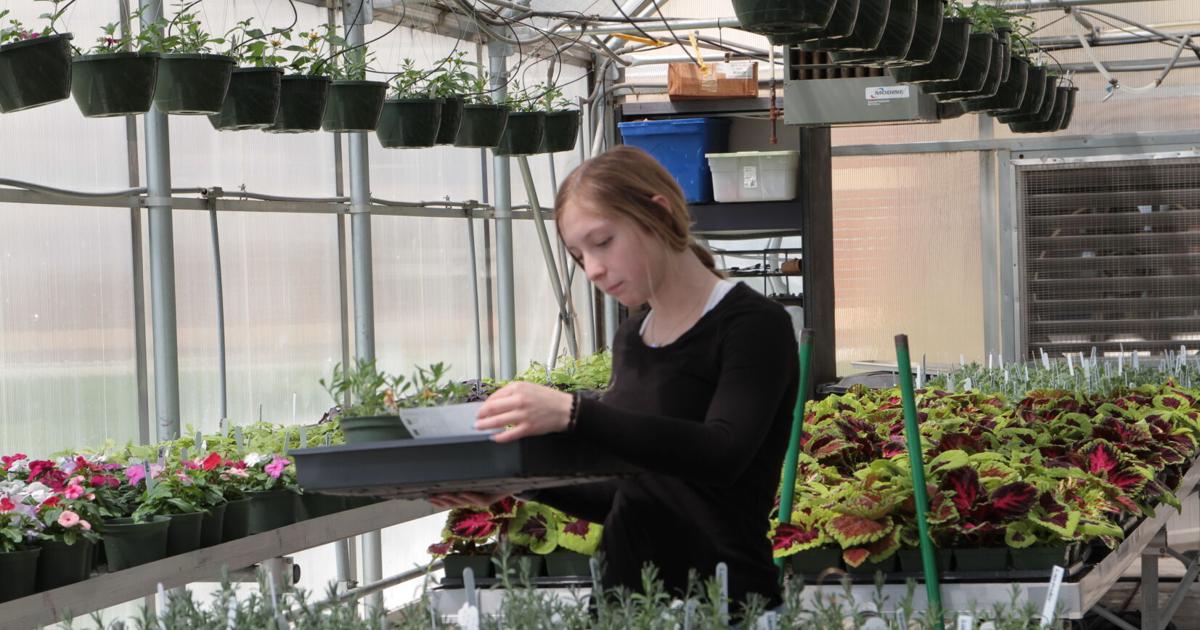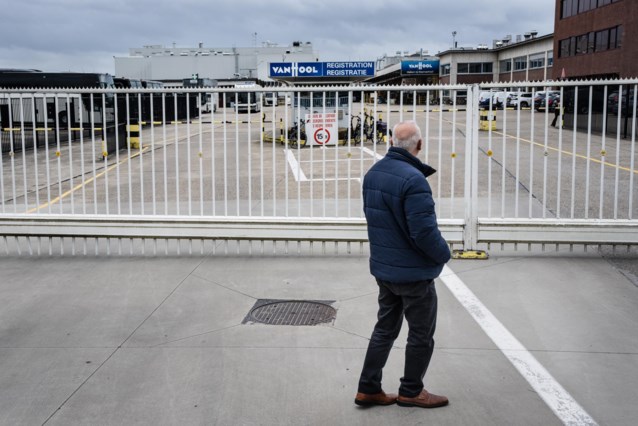- Thu. Apr 25th, 2024
Latest Post
Annual Plant Sale Hosted by Science Club
The Beatrice High School science club is hosting its annual spring sale this week. The school’s greenhouse, which was a grant project initiated by Dr. Joan Christen several years ago,…
United Kingdom adopts advanced Israeli anti-drone technology
Sentrycs, an Israeli company specializing in counter-drone measures, has recently been included in the UK National Protective Security Authority Catalogue of Security Equipment (NPSA CSE). The company’s Counter Unmanned Aerial…
Xpeng’s Gu predicts robotaxis will take at least five years to become a viable business
During the Beijing auto show, Xpeng Vice Chairman and Co-President Brian Gu stated that self-driving taxis are not expected to become a significant business for at least five years. This…
Meet Luke Suess: Discover More about His News, Sports, and Job Endeavors
Luke Suess played a vital role in New Ulm baseball’s successful sweep of Worthington in their recent games. He showcased his skills by collecting three hits, driving in four runs,…
“Schmitz ready to resume operations at Van Hool on Monday” (Lier)
ACLVB has stated that the first employees are anticipated to return to work on Monday. The revival of the trailer division at Van Hool is scheduled to occur gradually. Specific…
The role of cutting-edge technology in enhancing Miami Township investigations
In Miami Township, Ohio, police are utilizing drones to enhance community safety and support officers. Chief Mike Mills stated that the department has only been using drones for about six…
State Program Provides On-the-Job Technology Training for Licking Heights Students
Licking Heights Local Schools has partnered with the Governor’s Office of Workforce Transformation to offer a High School Tech Internship program to 10 high school students. This program provides students…
Accountants are optimistic about the global economy in 2024
A new study by ACCA and IMA has found that finance professionals are feeling optimistic about the global economy. The Global Economic Conditions Survey (GECS) shows a rise in confidence,…
LG’s TV business bounces back to profitability thanks to increased demand in Europe and the rise of streaming services
In the first quarter, LG Electronics’ TV business returned to profitability due to the recovery of demand in Europe and the increasing popularity of streaming services. The South Korean electronic…
As Economic Growth Slows, Germans Consider Longer Work Hours and Delayed Retirement
German politicians and business leaders are addressing a controversial topic that was once considered taboo: the issue of German workers not putting in enough hours. The country’s weak economy has…




